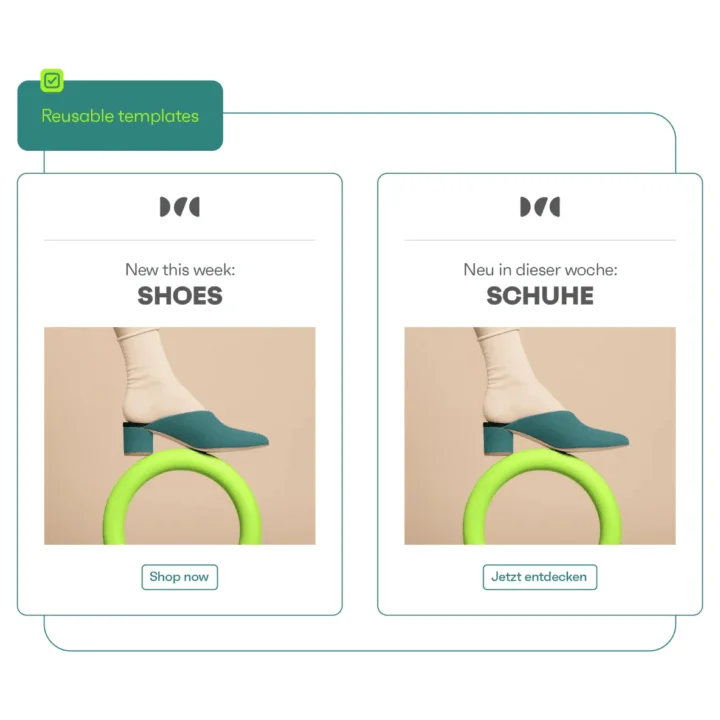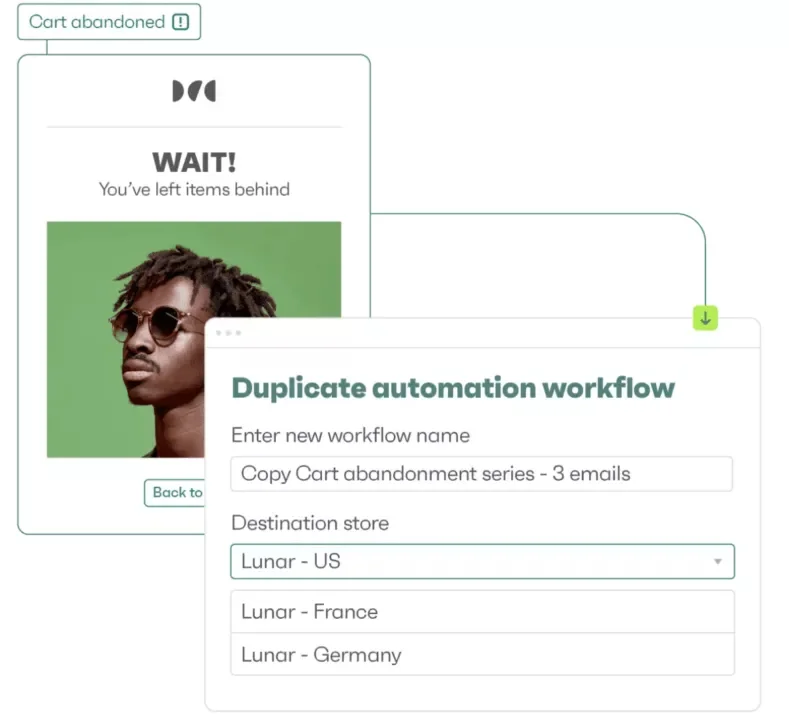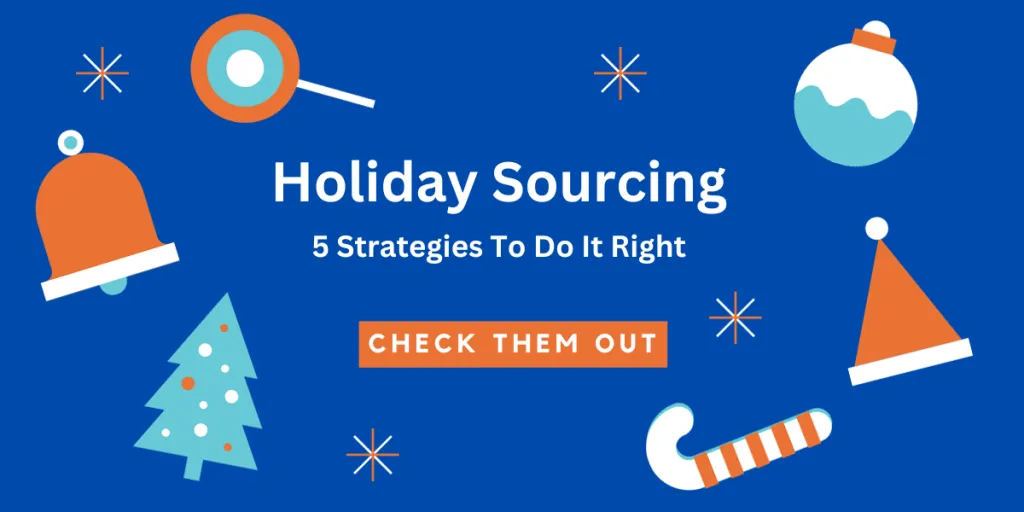If you want to have a dedicated shop for each of your audiences, the chances are that having multiple stores sounds like the answer.
Running multiple ecommerce stores means you can sell specific items to particular audiences, personalize the messaging, promotions, and products to chosen groups, or have niche stores.
This sounds effective, but also like a lot of hassle. It means having to juggle different platforms and multiple login details to stay on top of everything, not to mention the additional workload to duplicate design, workflows, emails, inventory, and so on.
What if you could manage multiple ecommerce stores from one place?
Well, you can, by using multi store ecommerce.
What is an ecommerce multi store?
Multi store ecommerce software allows you to control several stores, or store views, from a central place. From one account or one piece of software, you can manage more than one store, or multiple views of the same store. This way, you can focus on one target audience instead of trying to appeal to different audiences from one storefront.
For example, if you have multiple audiences and want to create a different store view for each one, promoting particular products or publishing personalized messages to specific audiences. Each store can have its own niche, offers, pricing, or unique inventory. You may choose to use an ecommerce multi store in order to have language-specific stores, or location-based payments.
With a multi store ecommerce platform, you can tailor everything to the intended store, without the others being affected or even aware.
Tips to run a multi ecommerce store
Running a multi ecommerce store can be advantageous if you have a need, but it has some challenges—one of the main ones is keeping track of any separation you’ve implemented. Separating your stores solves some problems, but you don’t want to have multiple logins and friction moving between accounts. Likewise, you don’t want to add complications around inventory or payments.
Fortunately there are a number of tools available to help you make things easier, smoother, and faster. Here are a few to consider:
Salesforce Commerce Cloud
Salesforce Commerce Cloud simplifies a lot of the challenges involved with multi store ecommerce: from one place, you can design and launch your site, then have control over product catalogs, pricing, orders, and account hierarchies, as well as real-time visibility of orders and order history.
Additionally, Salesforce Commerce Cloud offers A/B testing to identify the strongest components in a marketing campaign. Its suite of tools include customer segmentation, translation for multiple languages, currency conversion, search optimization, and mobile access. Thanks to the ability to arrange products by country, state, or city, you can also offer a localized shopping experience to customers wherever they’re visiting from.
Nautical
Nautical’s comprehensive tools make it a strong choice as a multi store ecommerce platform. There are the features you’d expect, such as managing product catalogs, order and stock control, and billing. On top of those features, it integrates with third-party platforms such as Shopify and Stripe to further enhance its capabilities. There are also native SEO tools to help shoppers find you in search engines.
FTSRetail
FTSRetail provides a point-of-sale (POS) solution on a centralized platform. With it, you can control self-checkout and discount coupons, as well as manage inventory, pricing, and loyalty programs. Although it’s a POS solution, its ecommerce functionality can power online stores, take orders, process shipping or allow customers to buy online and pick up in-store (BOPIS).
NetSuiteERP
NetSuiteERP is an all-in-one cloud-based business management solution. Its SuiteCommerce functionality links every channel and location of a retail business to the back office systems, offering real-time insights and agility. From one integrated platform, you can process orders, manage inventory, accounting, production, operations, and the supply chain.
Marketing automation for multi-stores
Operating more than one ecommerce business, including running multiple Shopify stores, can be challenging. But with the right multi store ecommerce platform, you can manage everything from one place in the same way as managing a single store.
Omnisend has multi store capabilities and switching from one store to another is as simple as clicking the relevant one in your account’s drop-down menu. No additional passwords to remember and no need to log out and sign in as a different user.
The convenience goes even further: because everything is managed from a central account, you can save time by sharing your assets across the stores.
For example, if you’ve got multiple international stores, you can use the same product photos for each:

Those email and form templates, and automated workflows that you’ve put so much time and effort into can be shared too. Once you’ve created and tweaked them to your liking, simply copy-paste them from one store to the others—it’s that easy.
This functionality also extends to your A/B tests. Let’s say you’re running a test on workflows in one of your stores. Once that test has finished and you’ve found a winner, instantly apply it to all of your stores without building from scratch all over again.

If you’d rather keep the workflows and templates separate, you can do that too. Omnisend gives you full control, so you can choose to operate each one completely isolated from the rest, or you can copy-paste across connected stores if you want to.
Discover more about Omnisend’s solution for managing multiple stores from a single account
Wrap up
Using a multi store ecommerce platform enables you to run multiple stores, or storefronts, from a central account without the need to manage various logins.
The software makes it easy to manage inventory, catalogs, pricing, offers, order history, and more. Overall, this saves a significant amount of time and energy: instead of having standalone accounts for every store, you manage everything from one central place.
One of the biggest benefits of this approach is the ability to share data or assets across the stores. For example, with Omnisend you can operate each store individually if you want to, or you can quickly paste your emails, templates, and automated workflows from one store to all the others. In no time at all you’ll have perfect consistency, and have your high-performing workflows and forms deployed without building each one from scratch.
Try Omnisend’s multi store accounts today for free, and see how much time it saves you.
Source from Omnisend
Disclaimer: The information set forth above is provided by Omnisend independently of Alibaba.com. Alibaba.com makes no representation and warranties as to the quality and reliability of the seller and products.




